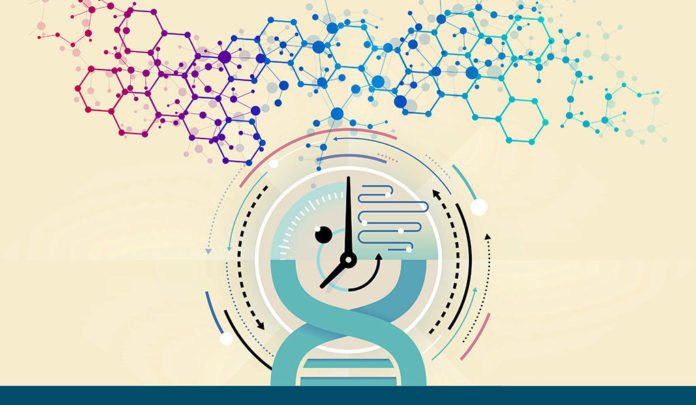Scientists at the Yale University have recently discovered new life-extending chemicals that hold potential to increase the lifespan of a species of yeast. They dubbed this technique as High Life.
Senior author of the study Murat Acar said, “Research on human aging has been slowed by ethical concerns or time constraints of the research, but fortunately many aging mechanisms are shared between distantly related model organisms.”
“One of our goals in our research is to be able to rejuvenate cells that have already reached their ‘mid’ or ‘old’ age.”
Scientists made this discovery by using a new technology that could hunt for tools to combat aging in other species. They took advantage of the short lifespan of yeast and tested the effects of numerous chemical compounds on the lifespan of Saccharomyces cerevisiae. Saccharomyces cerevisiae is a is a yeast that generally used in winemaking and baking.
During developing the technique, they found several compounds can extend lifespan than doubling the number of previously identified lifespan-extending compounds.
They likewise led single-cell level lab tests to affirm mixes extended life expectancy.
Lead author Ethan Sarnoski said, “Our ultimate goal is to identify compounds and aging pathways that are relevant to humans in the hope that we contribute to making humans live longer and healthier lives.”
Now scientists are analyzing the components through which the compounds broaden life expectancy in yeast and their consequences for life expectancy in other model living beings.
